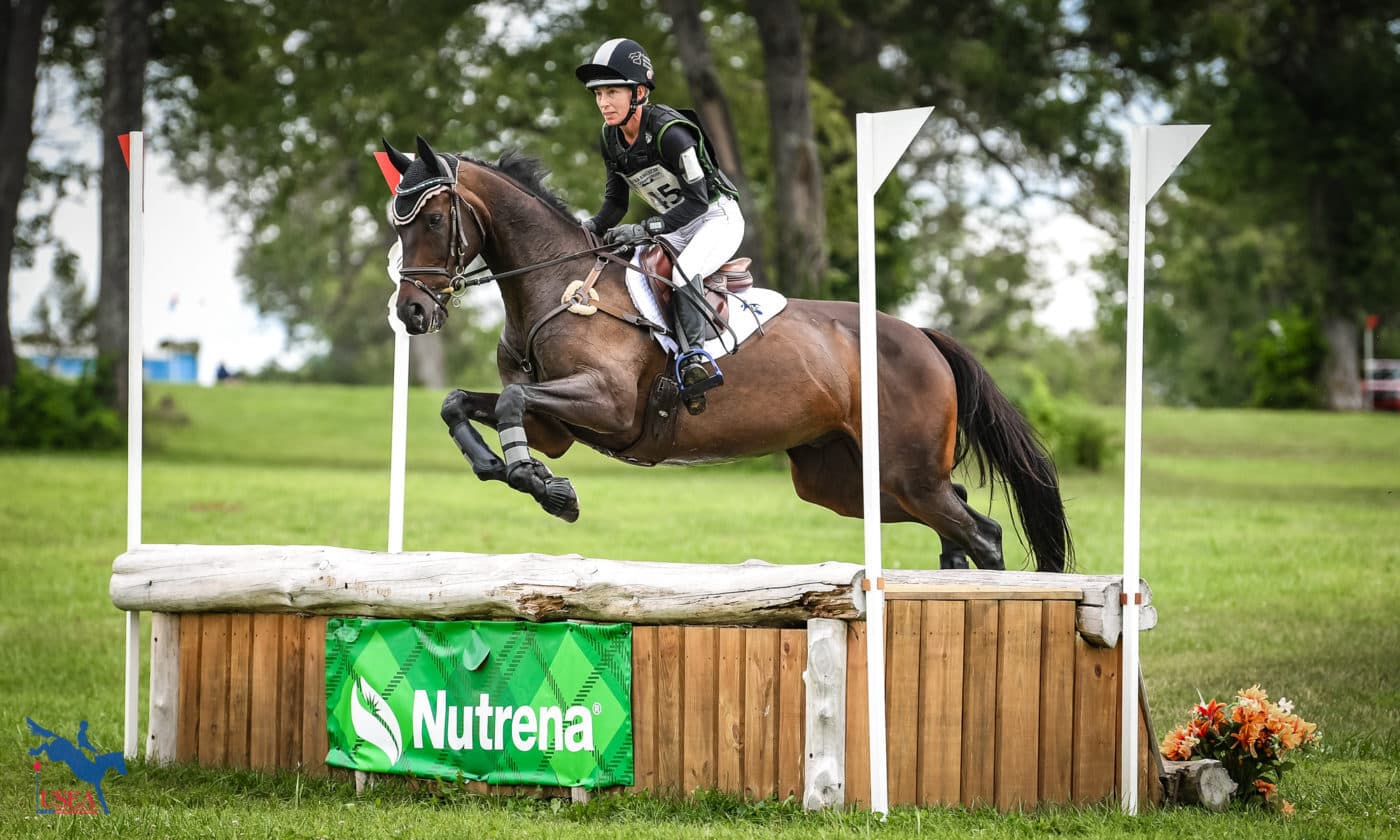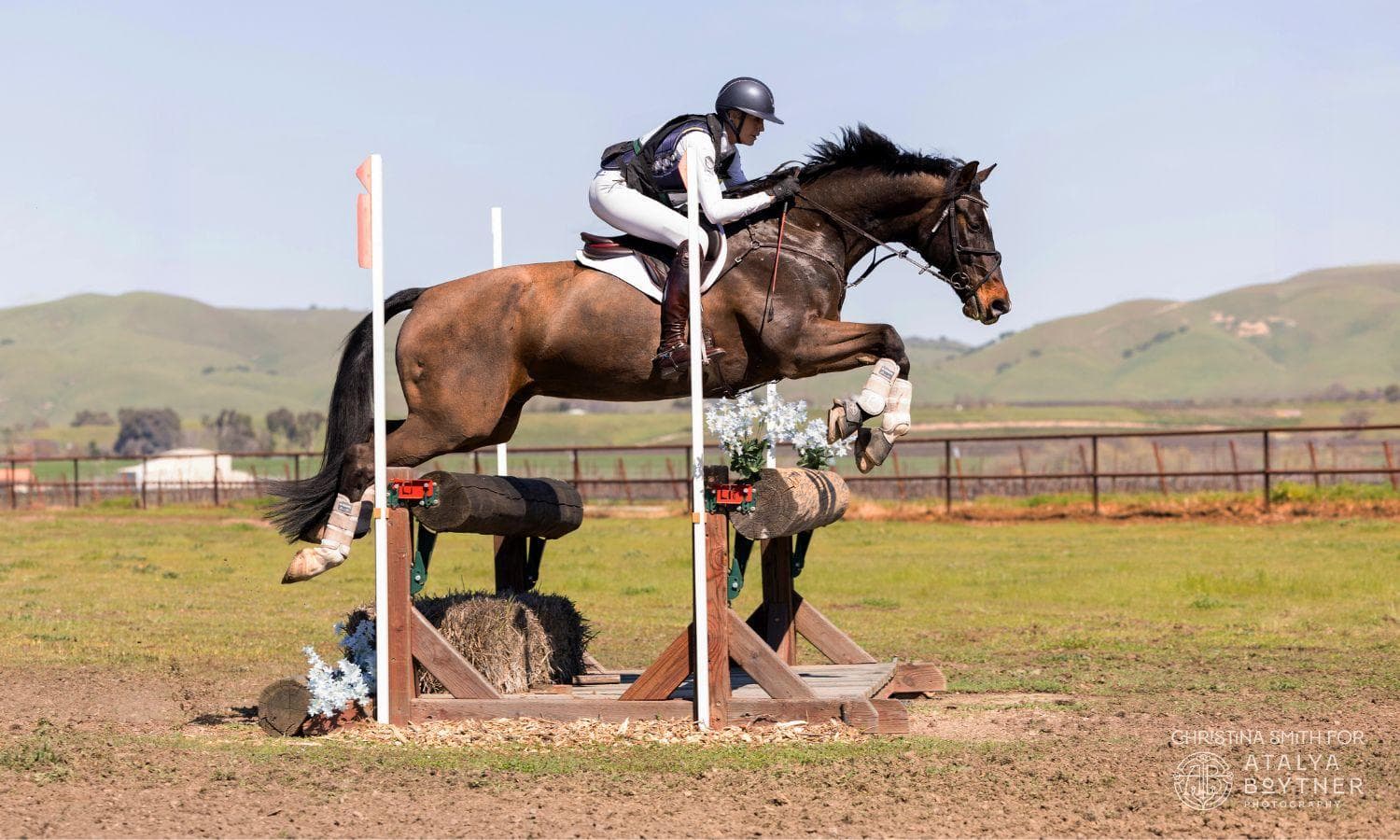Pressure Proof with Daniel Stewart: The Choice to Choose

A few months ago we began a series of Pressure Proof tips dedicated to the many different choices we have when thinking about our riding potential. We labeled these choices mindsets and discovered that some lead us towards growth, grit, and gratitude while others lead us in the opposite direction, towards feeling disappointed, defeated, and discouraged.
In short, some mindsets make us feel powerless while others make us feel powerful. This month we’ll continue this discussion with four new mindsets. Four new choices when it comes to how we view and define our riding experiences and the role that our thoughts have in creating a lifetime of success...or a lifetime of struggle.
The first two mental habits we’ll discuss in this Pressure Proof tip are the self and the selfless mindsets. One mindset allows us to focus on feeling proud of ourselves while the other makes us focus on being threatened by others. Riders with a self mindset feel threatened when others do well and have a hard time feeling happy for them when they do. They also tend to have fragile egos which makes it hard for them to share the credit with anyone when they do succeed (like their coach or teammates).
To these riders, it’s all about them. Rider with a selfless mindset, on the other hand, aren’t threatened by the success of others. Instead of feeling jealous or envy, they feel genuine happiness for them; knowing that their success doesn’t detract from their own. These riders take pride in their success, but also take pride in sharing the credit with their coaches and teammates. As you can probably tell, the self mindset is part of the fixed mindset (the belief that our talent is fixed) while the selfless mindset is part of the growth mindset (the belief that our talent can grow).
The next two mental habits we’ll discuss are the short-term and long-term mindsets. One makes us believe that short-term struggles will last a lifetime, while the other make us believe that only a lifetime of struggles will lead us to success. Riders with a short-term mindset tend to struggle with this concept because they base their self-image on a single moment in time (especially if that moment is disappointing, defeating, or discouraging).
These riders typically only set short-term goals because long-term goals expose them to a greater risk of failing, and as a result typically only experience short-term happiness. Riders with a long-term mindset, however, know that success isn’t created on a single day or in a single class, but instead over a lifetime of effort and experience (both good and bad). These riders know that focusing on the short-term alone can have long-term consequences. As you can probably tell, the short-term mindset is part of the fixed mindset while the long-term mindset is part of the growth mindset.
I’ve always said, “If you don’t like how you feel, change it." If you don't like feeling disappointed, change it. If you don’t like feeling cranky, change it. But change is hard. As a matter of fact, the top stressors in all our lives are created out of the necessity to change. From getting married to changing jobs or moving homes, most of us simply struggle with change. Status quo is just too easy and attractive. Sadly this is more problematic than it might seem because studies have proven that many of us purposely decide not to change even when we know that our current way of thinking is hurting us and that better options exist. It’s amazing to think, but the opportunity to grow, evolve, and “feel better” just doesn’t seem to provide enough motivation for some of us to consider making a change.
So this month why not take a few minutes and re-read the last few Pressure Proof tips and make a list of the many different mindsets we’ve discussed. Make one list for those that hurt and another for those that help, and then label them as growth or fixed, good or evil, naughty or nice, or whatever other label you like. Then sit with them for a while and ask yourself how much it means for you to change how some parts of your riding experiences feel to you. Remember, you always have the choice to choose so why not choose those mindsets that make you feel growth, good and nice instead of fixed, bad, and naughty!
I hope you enjoyed this Pressure Proof tip and are looking forward to the final set of mindsets in next month’s Pressure Proof tip! If you’re a visual learner and would like to take my online self-paced equestrian sport psychology class (30 videos, pdf’s and short quizzes) just visit: https://daniel-stewart-s-school.teachable.com/p/equestrian-sport-psychology















